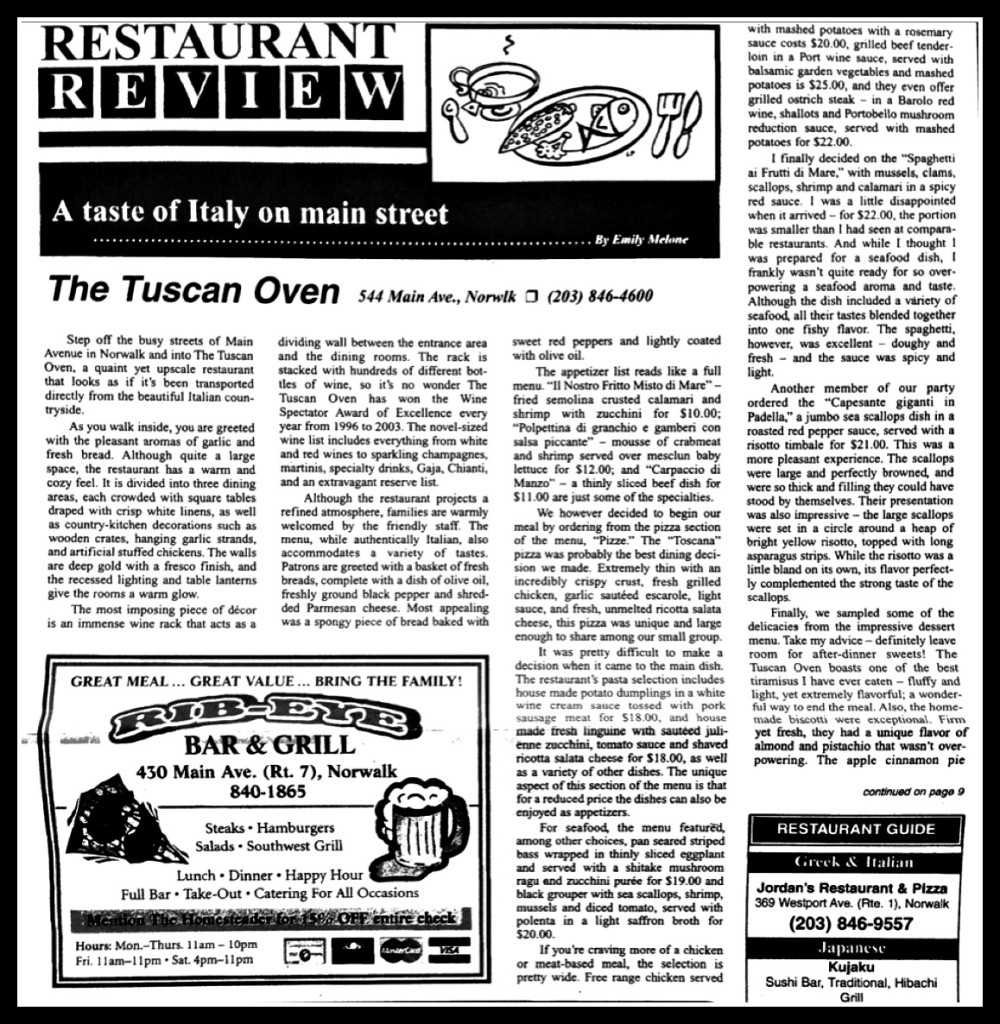The Simple Way to Create Hundreds of Blog Post Ideas Your Audience Will Love
When I first graduated college, I “supplemented” my barely-there copywriter salary with a freelance gig writing restaurant reviews at a local newspaper. The job paid a whopping $50 an article, and if I really played up my reviewer role, it included a free meal (or at least free dessert).
Fun deal, right?

Here’s the thing: I had no interest in reviewing restaurants.
And I had even less interest in food. (I had just spent four years eating mac-and-cheese or soft-serve ice cream every night for dinner. Ah, college.)
But that was the beat they had available, and I didn’t want my hard-earned journalism degree to go to waste. So when the paper asked me – a quasi-vegetarian, 20-year-old entry-level writer – to review the hottest new barbeque place, I responded: “Of course!”
Needless to say, my review was lackluster.
I had no idea how to describe what I was eating. And because of my limited diet, I had to rely on my boyfriend’s description of “pretty good” when describing the ribs I wouldn’t try myself.
I wrote a few more reviews before giving up my illustrious career as a suburban restaurant reviewer (you can read one below in all its glory).
Yet one simple lesson I learned from the experience sticks with me today, and I’m reminded of it when I help clients with their content marketing strategy:
Write what you know.
This is especially true when brainstorming blog topics. Write what you know. Because the simple, most basic things you know and do every day are often the most valuable.
I recently heard mediapreneur David Siteman Garland give great advice on how to narrow the focus of your content. David suggested polling your audience with one simple question:
What do you want to know more about ________? [insert topic you already know a lot about]
He said the answers you receive will seem pretty basic – to you. And that’s because you have the knowledge your audience needs.
David advises using the answers you receive, and the specific language your audience uses, to craft your topics.
By narrowing your focus and sticking to topics you can write on with authority, you are actually doing a better service to your audience – even if your audience pool is smaller. Why?
- You will attract more of the right clients for your business.
- You will provide better value to the clients your attract.
- You will have an easier time building your authority – and backing it up.
Sometimes it’s hard to recognize your own expertise, because to you it doesn’t seem grand enough. But to the right audience, it’s exactly what they need.
Focus on using the knowledge you have to answer your audiences’ needs, and you will figure out exactly how to sell your story.
Have you ever tried to fake it and fail? Share in the comments below. And to show you you’re not alone, here’s one of my faking-it restaurant review fails.

MORE ARTICLES
-
 What Is Your Private School’s Bold & Unifying Big Promise?
What Is Your Private School’s Bold & Unifying Big Promise? -
 Viewbook Best Practices for Private Schools
Viewbook Best Practices for Private Schools -
 AI Writing Prompts to Power Private School Storytelling
AI Writing Prompts to Power Private School Storytelling -
 How to Write a Magnetic Private School “About” Page
How to Write a Magnetic Private School “About” Page -
 The Ultimate Call-to-Action for Every Private School Marketing Situation
The Ultimate Call-to-Action for Every Private School Marketing Situation -
 How to Write a Compelling School Magazine Article People Want to Read
How to Write a Compelling School Magazine Article People Want to Read -
 4 Quick & Easy Ways to Improve Your School’s Emails
4 Quick & Easy Ways to Improve Your School’s Emails -
 How to Get School Blog Readers to Stick Around
How to Get School Blog Readers to Stick Around